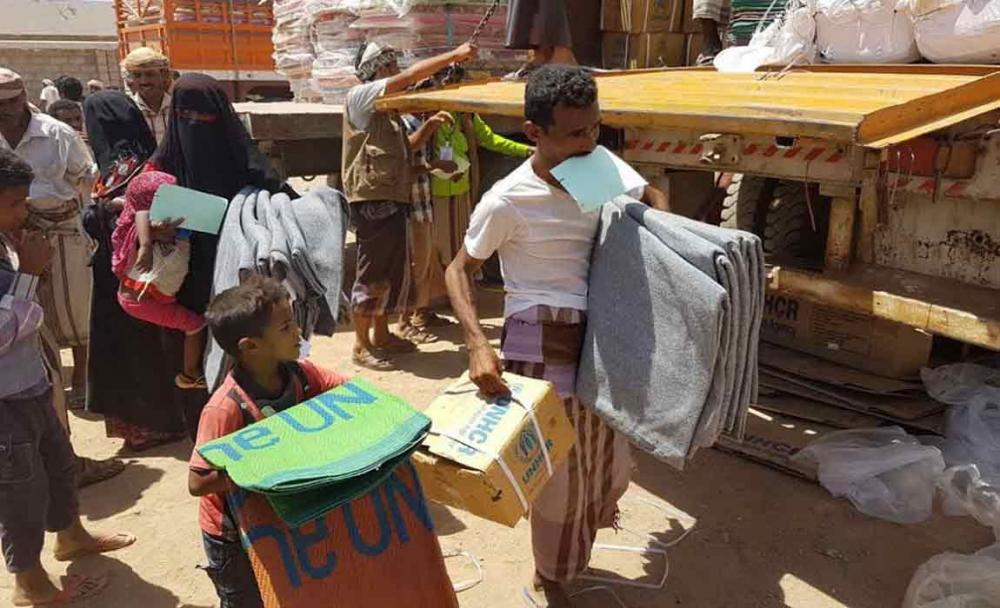Just Earth News 25 Mar 2017

UNHCR/Adem Shaqiri
“The violent deaths of refugees fleeing yet another war, of fishermen, of families in marketplaces – this is what the conflict in Yemen looks like two years after it began…utterly terrible, with little apparent regard for civilian lives and infrastructure,” UN High Commissioner for Human Rights Zeid Ra'ad Al Hussein said.
In the past month alone, at least 106 civilians were killed, mostly by air strikes and shelling from war ships, the High Commissioner's Office (OHCHR) said in a press release.
Of particular concern is fighting in and around Al Hudaydah, which has left thousands of civilians trapped and blocked deliveries of humanitarian aid, as was the case last month in the port city of Al Mokha in the hard-hit Taizz Governorate.
One of the worst incidents there was on 10 March, when a ship carrying at least 70 people was shot by what appeared to be an Apache helicopter overhead, killing at least 33 people and severely wounding 29 others, including children.
OHCHR also reported at least four incidents of fishermen being targeted by missiles and airstrikes.
Meanwhile, the Popular Committees affiliated with the Houthis and former President Saleh have continued to encircle densely populated areas in Taizz Governorate, preventing civilians from leaving and restricting humanitarian access to Taizz city, according to OHCHR.
“Two years of wanton violence and bloodshed, thousands of deaths and millions of people desperate for their basic rights to food, water, health and security – enough is enough,” Zeid said ahead of the infamous 26 March anniversary.
“I urge all parties to the conflict, and those with influence, to work urgently towards a full ceasefire to bring this disastrous conflict to an end, and to facilitate rather than block the delivery of humanitarian assistance.”
The UN High Commissioner has also called for an international, independent investigative body to look into hundreds of reports of serious violations in the country.